P U B L I C A T I O N S
+
B L O G S
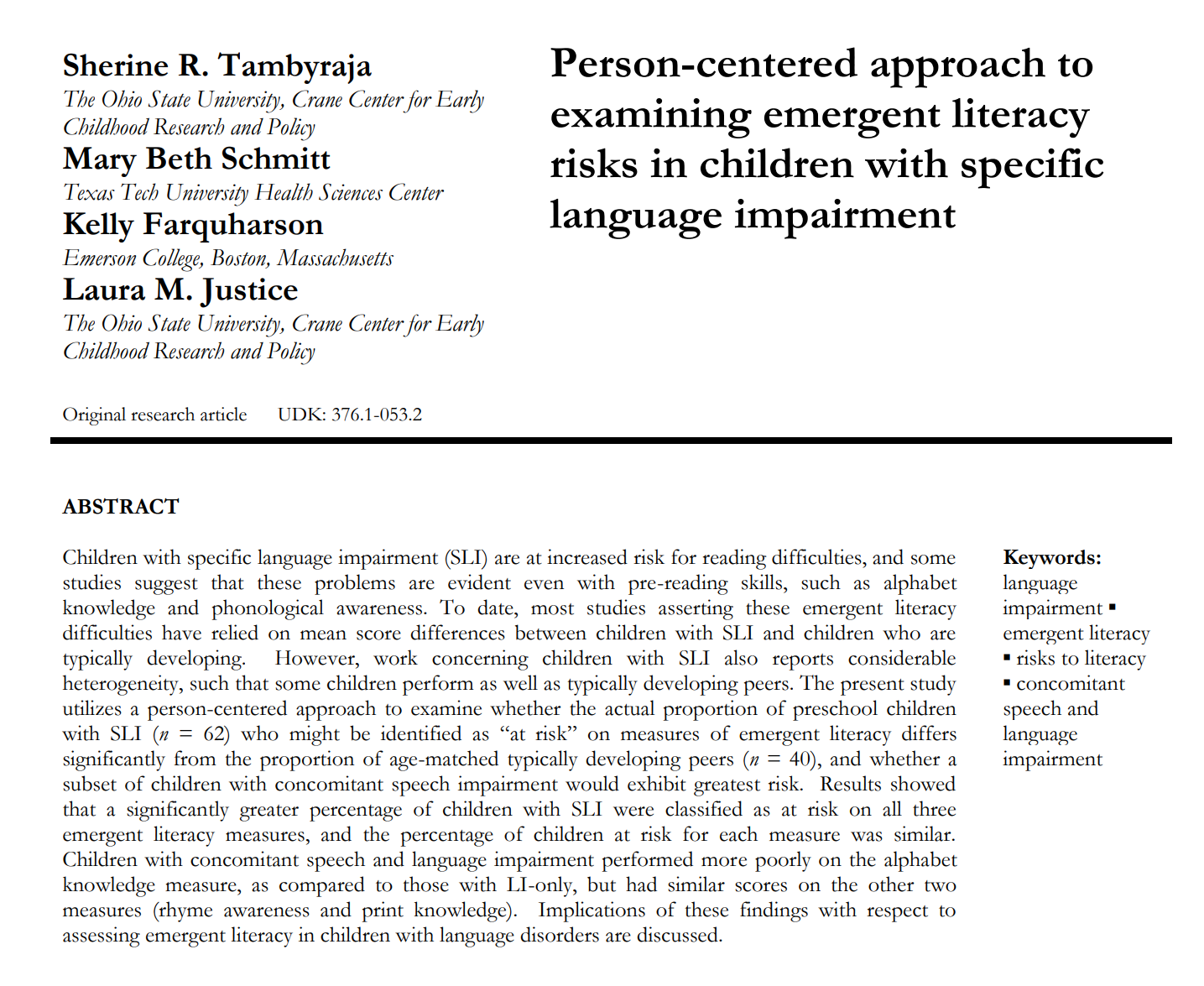
Examining emergent literacy risks in children with specific language impairment
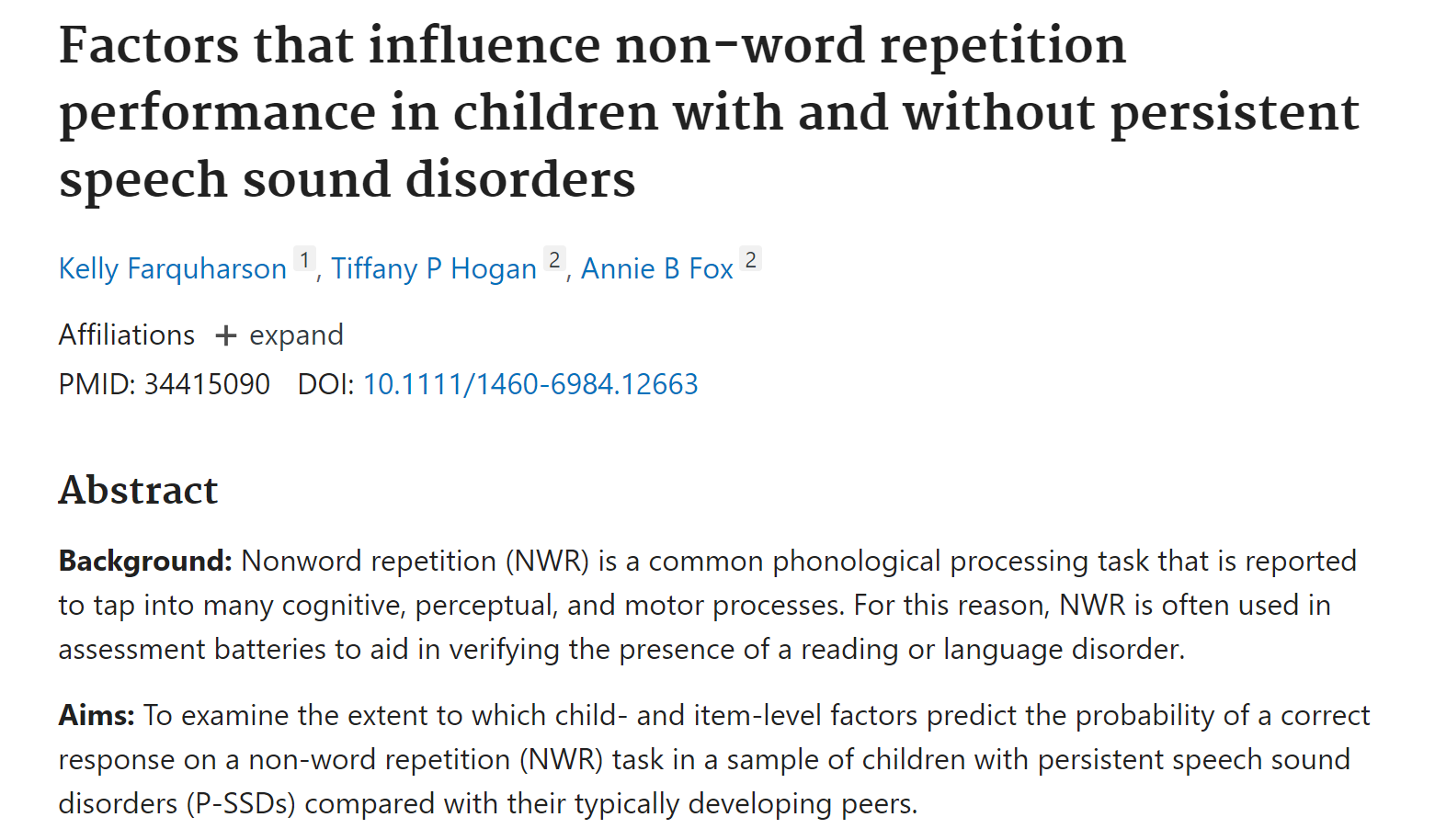
Factors that Influence Non-word Repetition Performance
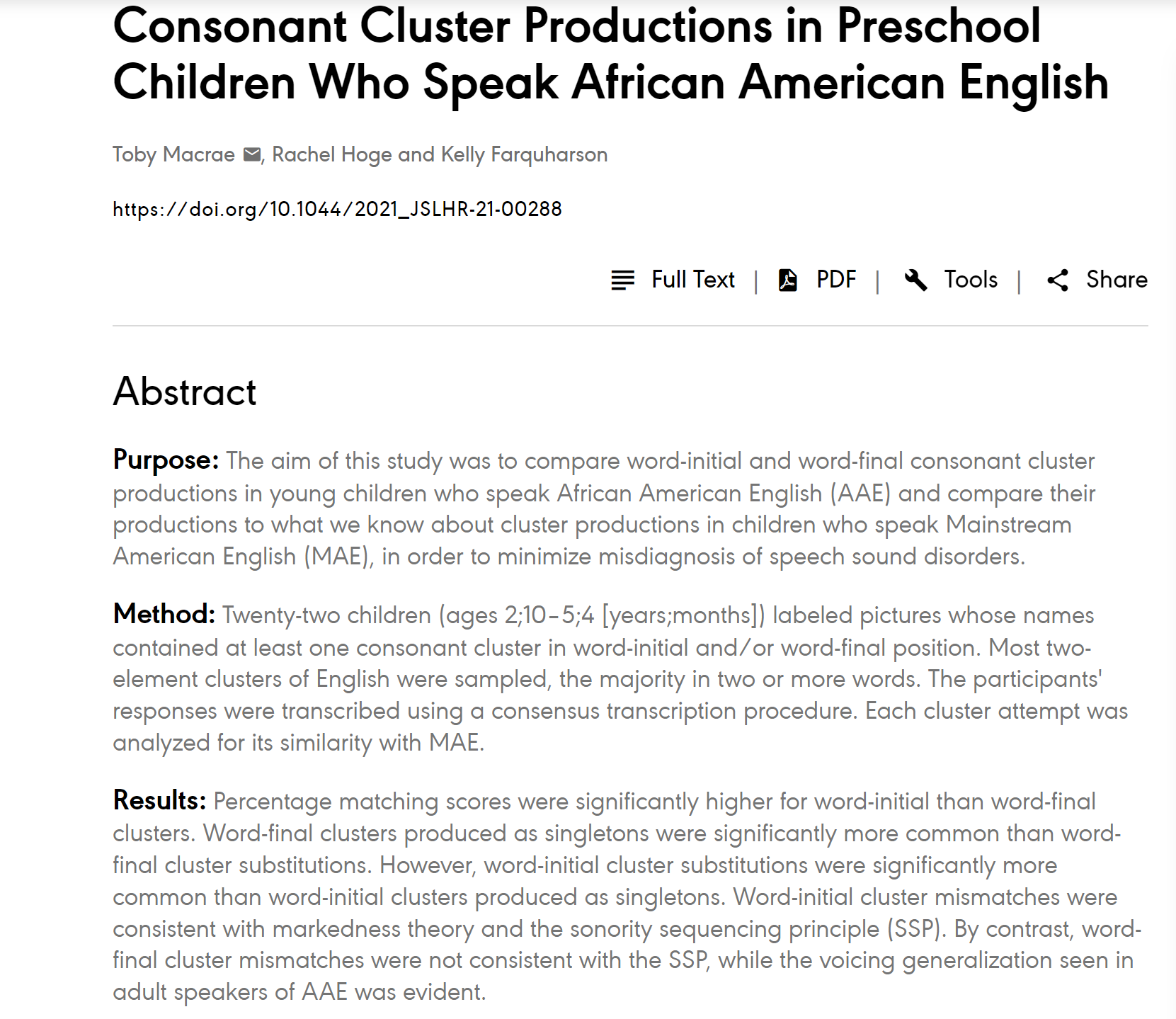
Consonant Cluster Productions
Culturally and linguistically appropriate assessment of phonological development in children who speak AAE requires an understanding of the contrastive and noncontrastive features exemplified in their consonant cluster productions.
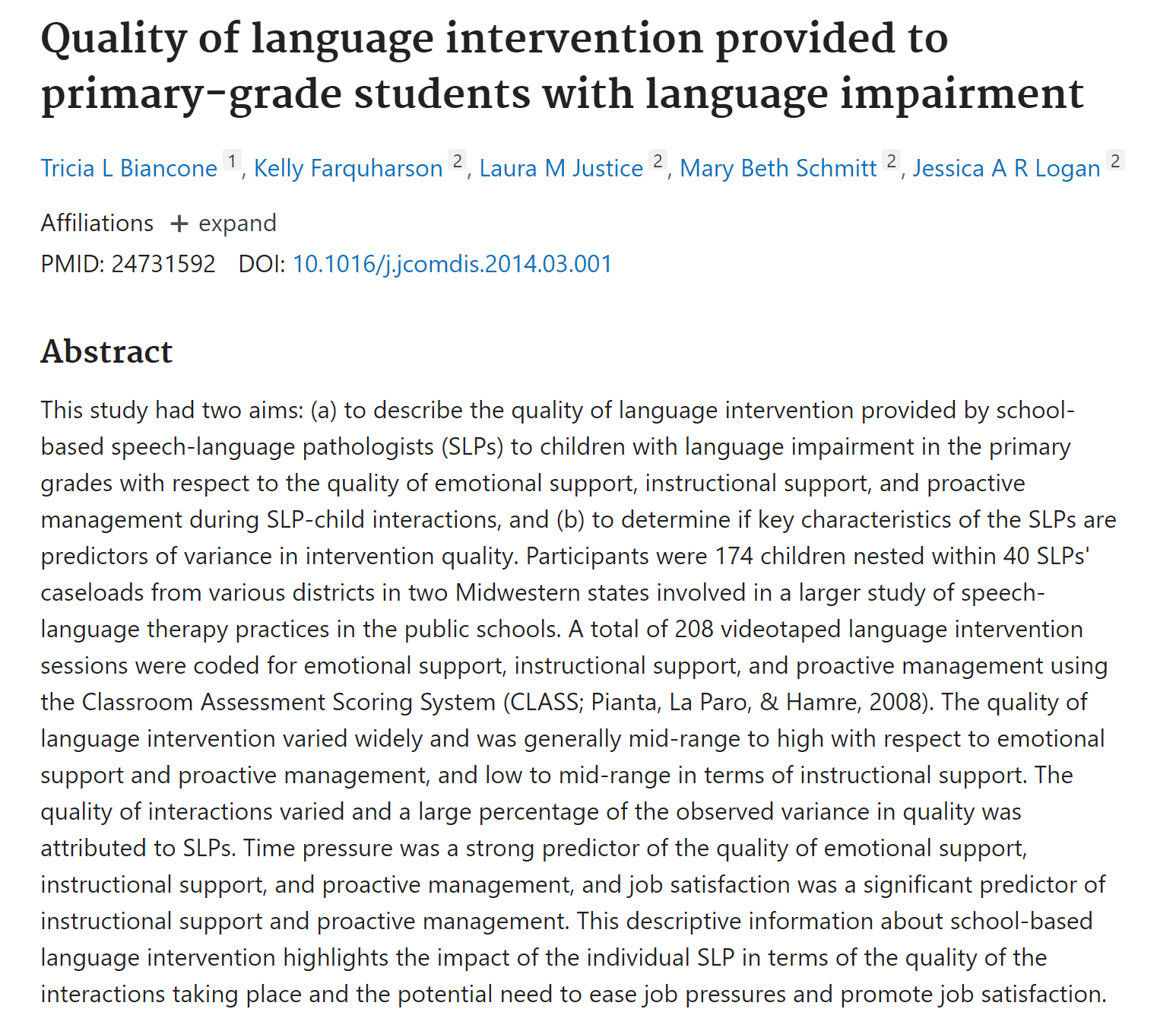
Quality of Language Intervention
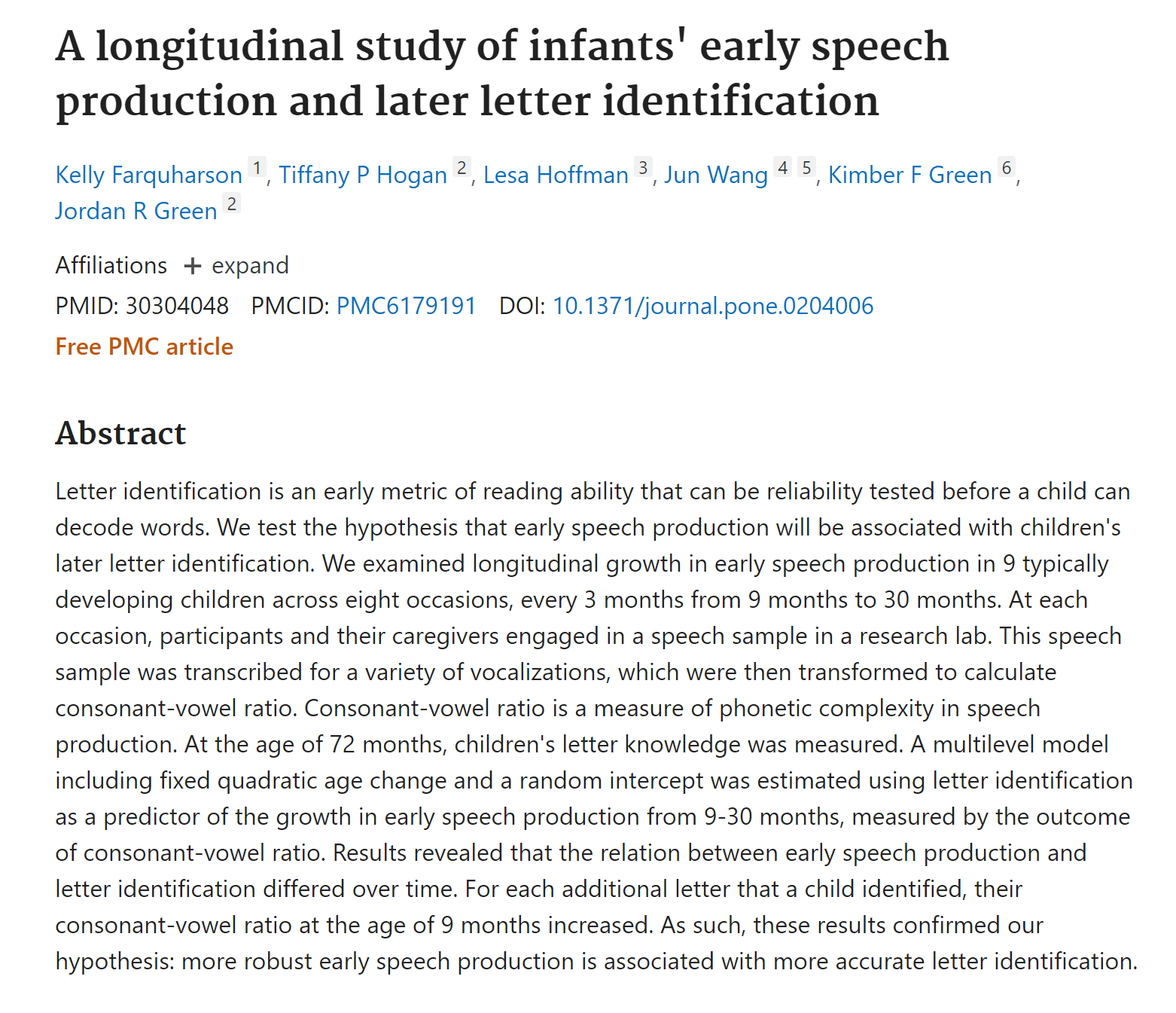
Longitudinal Study of Infants’ Early Speech Production
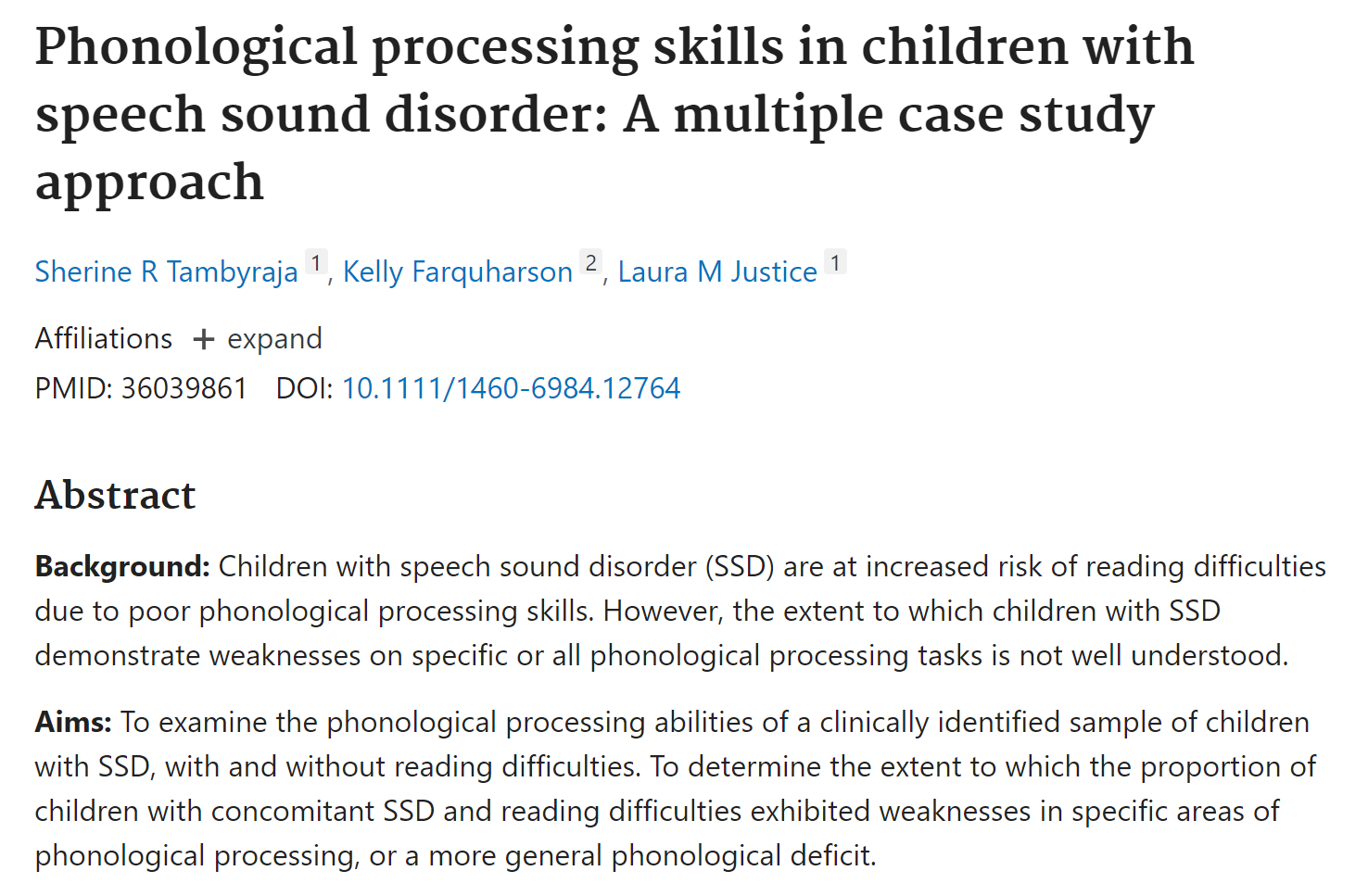
Phonological Processing Skills
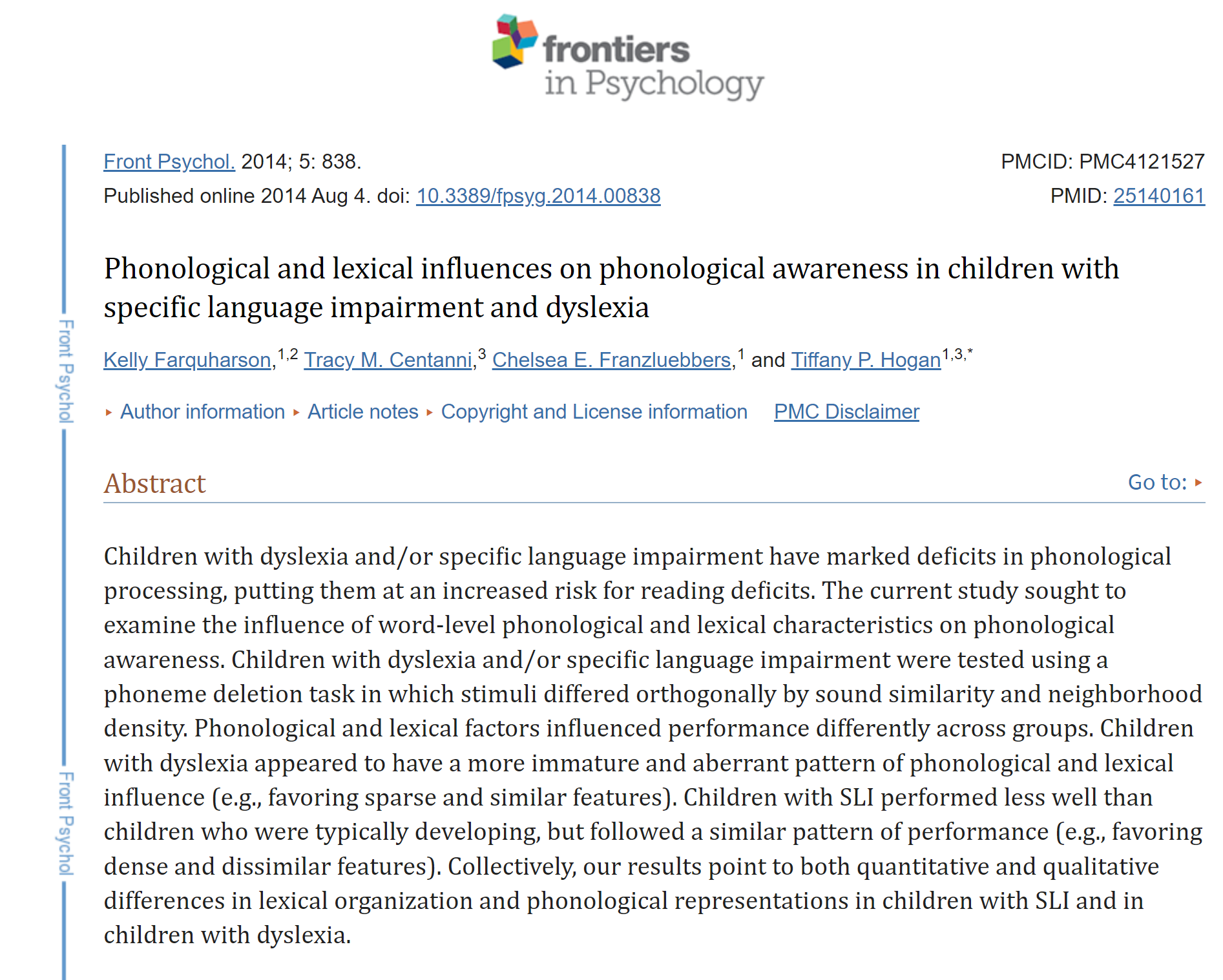
Phonological and Lexical Influences
Children with dyslexia and/or specific language impairment were tested using a phoneme deletion task in which stimuli differed orthogonally by sound similarity and neighborhood density. Phonological and lexical factors influenced performance differently across groups. Children with dyslexia appeared to have a more immature and aberrant pattern of phonological and lexical influence (e.g., favoring sparse and similar features). Children with SLI performed less well than children who were typically developing, but followed a similar pattern of performance (e.g., favoring dense and dissimilar features). Collectively, our results point to both quantitative and qualitative differences in lexical organization and phonological representations in children with SLI and in children with dyslexia.

ASHA 2021

Lateral Lisps & EPG Studies
Electropalatography (EPG) studies can help us understand how the tongue makes contact with the palate. In these studies, vowels are examined in a variety of populations. High vowels have consistently the most contact with the palate, whereas low vowels make little to no contact with the palate. This has implications for the words we choose in treatment. For instance, choosing high vowels will be useful if treating lateral lisps. In treatment for a lateral lisp, we want to retrain the tongue placement so that the lateral sides of the tongue meet the palate. High vowels naturally do this, so they create a facilitative context.
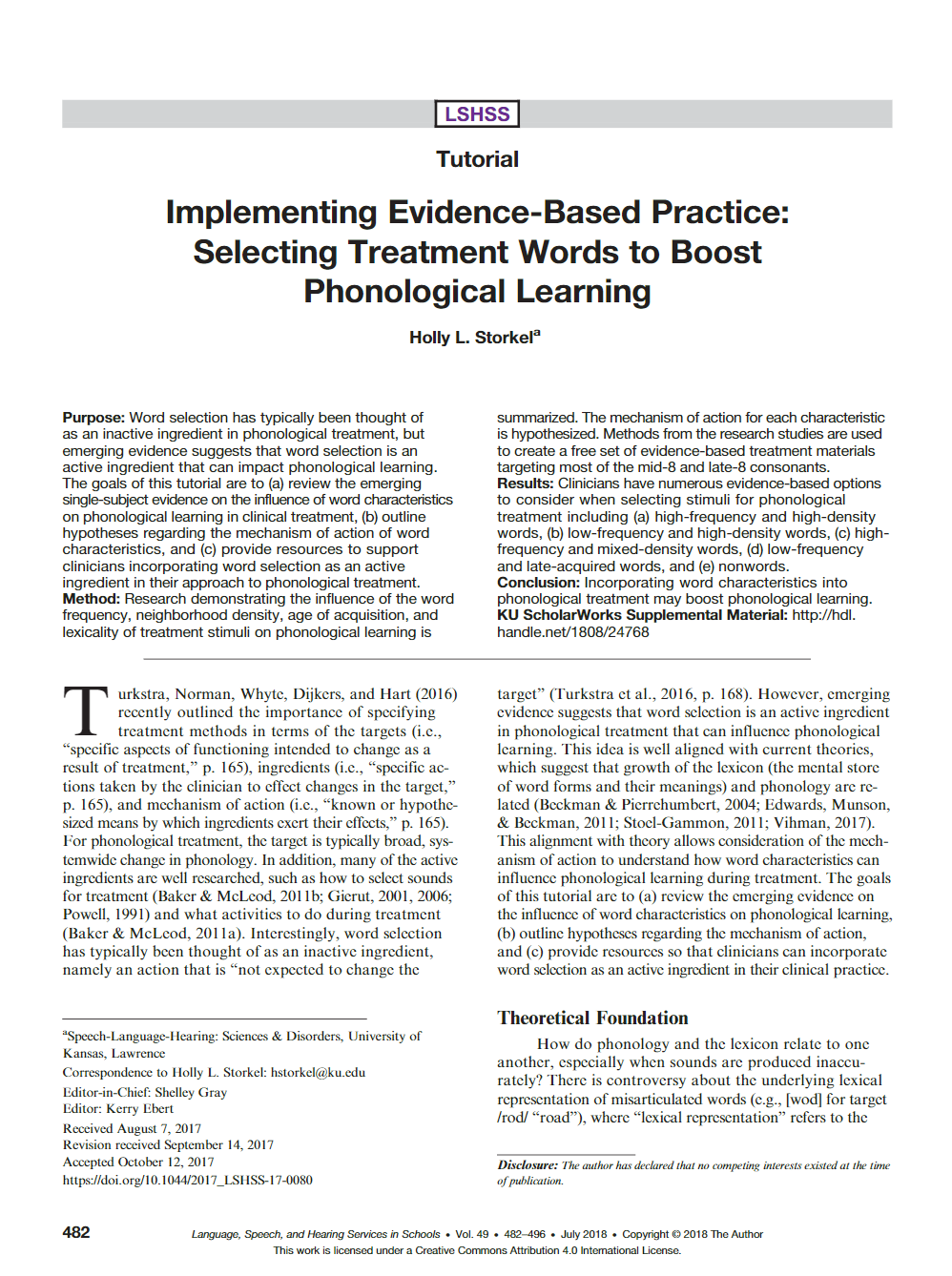
Stimulability Resources
Do you treat stimulable or non-stimulable sounds?
I had a discussion about this with Rebecca at @adventuresinspeechpathology on Instagram Live (video is saved to her profile in her IGTV).
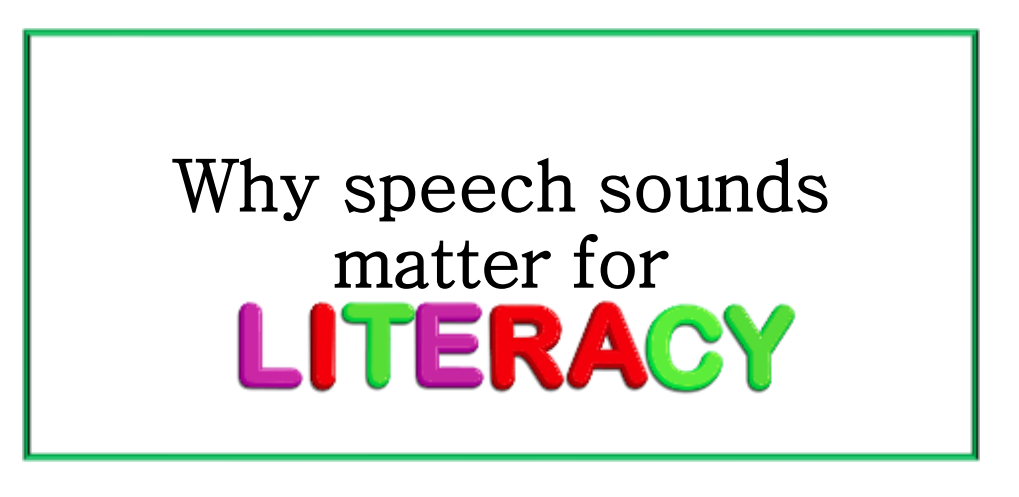
Why Speech Sounds Matter for Literacy
This 1-hour presentation was recorded for the SLP Summit in January 2020. SLP Summit is a free online conference hosted by SLP Toolkit and SLP Now. My time for the presentation was donated and the organizers gave me this recording to use as I’d like.
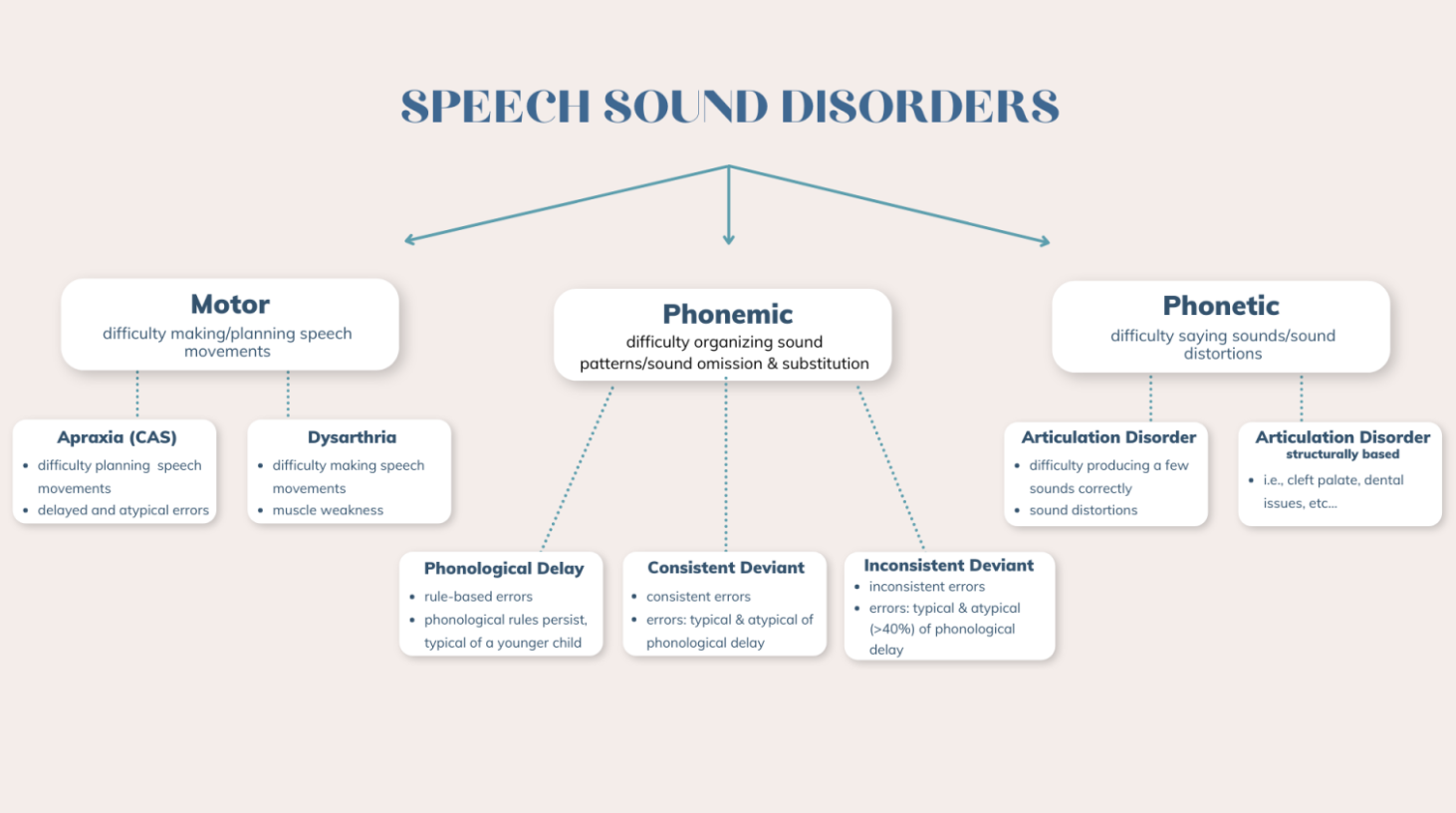
Eligibility for Speech Sound Disorders
Lorem ipsum dolor sit amet, consectetur adipiscing elit, sed do eiusmod tempor incididunt.
